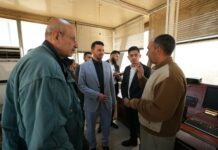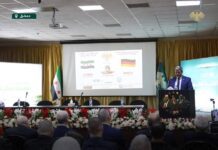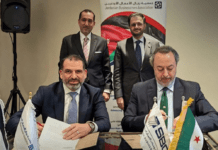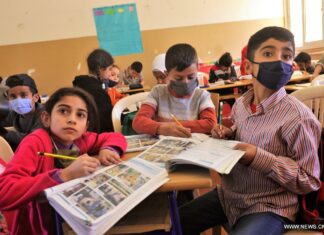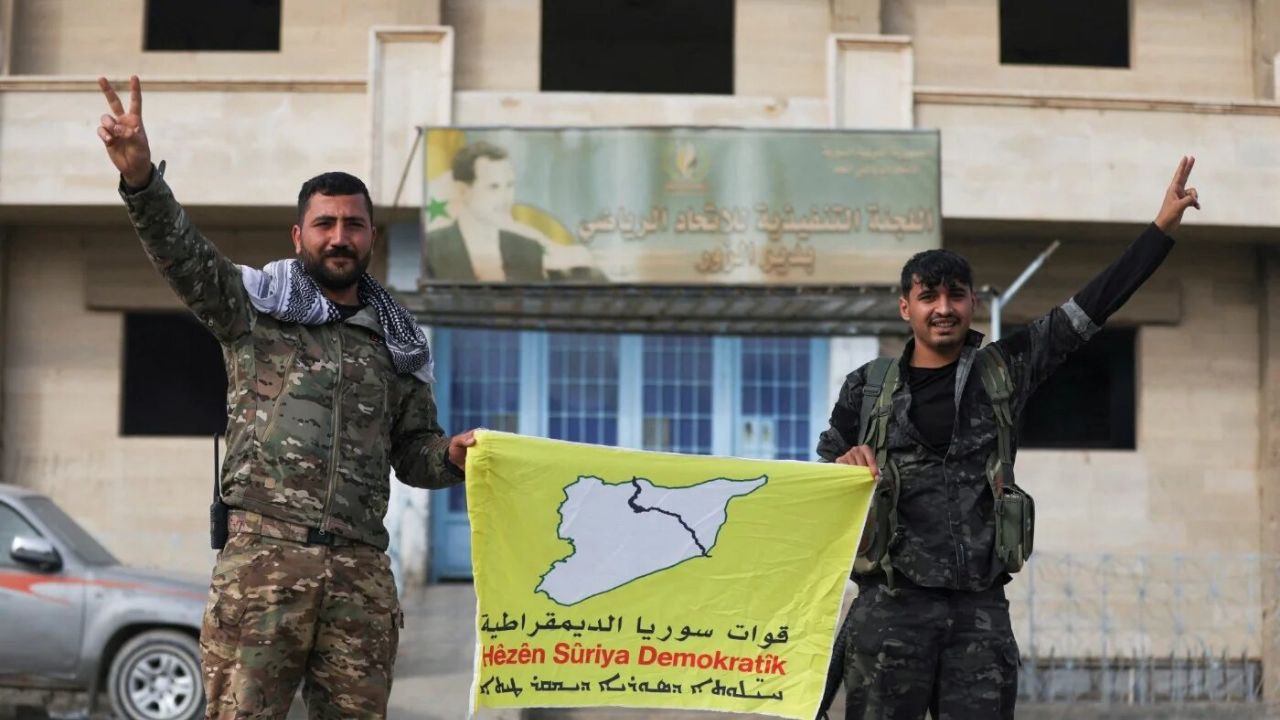
According to various sources, senior representatives of the Autonomous Administration of North and East Syria (AANES) met with Syrian Foreign Minister Asaad al-Shaibani in Damascus, in a visit seen as an attempt to salvage negotiations following the collapse of planned talks in Paris.
A Kurdish source told Agence France-Presse that the meeting, requested by the Syrian government, brought together Ilham Ahmad, a top AANES official, and focused on finding “an appropriate formula for implementing decentralization” while continuing the negotiation process under international supervision. Both sides reportedly agreed to exclude the military option as a solution.
The visit came just days after the controversial August 8 “Unity” conference in Hasakah, where Kurdish, Alawite, Druze and other representatives called for a new democratic constitution and a decentralized political system. Damascus denounced the gathering as “a blow to ongoing negotiation efforts” and withdrew from the Paris talks, urging that all discussions be held in the Syrian capital.
March 10 Agreement Under Strain
The Hasakah meeting deepened tensions over the March 10 agreement signed by Syrian President Ahmad al-Sharaa and Syrian Democratic Forces (SDF) commander Mazloum Abdi. The deal outlines integration of SDF forces into the Syrian military, preservation of national unity, and coordination to combat terrorism.
Abdi told Al Arabiya that the SDF and Syrian government had agreed on “one army, one flag” with the SDF incorporated into the Ministry of Defense, though some state institutions would remain centralized in Damascus. He denied receiving any new political offer from the government and said communication channels “remain open.”
Government officials, however, accused the SDF of violating the pact by hosting “separatist figures” and issuing statements rejecting state authority. A source quoted by SANA said the Hasakah conference attempted to “internationalize Syrian affairs” and promote ideas contradicting the agreement, such as forming a new national army nucleus and amending administrative divisions without constitutional process.
Local and Regional Pressures
Abdulaziz Tammo, head of the Syrian Kurdish Independents Association, told Syria TV that Ilham Ahmad’s trip aimed to “calm the atmosphere” after what he called a coup against Article 6 of the March 10 deal, which commits the SDF to help the state eliminate terrorism. He argued that the SDF is reluctant to relinquish control over territories it has governed for a decade, likening its stance to “a state within a state.”
Tammo warned that tensions between the Kurdistan Workers’ Party (PKK) aligned SDF’s Kurdish leadership and the estimated 60,000 Arab tribal fighters in its ranks could lead to sectarian conflict similar to unrest in Suwayda. He contended that decisions in northeastern Syria are shaped by the Iraq-based PKK leadership outside the country.
Ongoing Uncertainty Amid Negotiations
While the Damascus talks are expected to continue through Thursday, no timetable for political or military integration has been set. Officials face the challenge of reconciling intractable demands for decentralization with the government’s insistence on centralized sovereignty.
Whether the AANES visit leads to renewed momentum or further deadlock may depend on the willingness of both sides to compromise—and on shifting regional and international dynamics influencing Syria’s fractured political landscape.

